1. Sixteen Candles (1984)
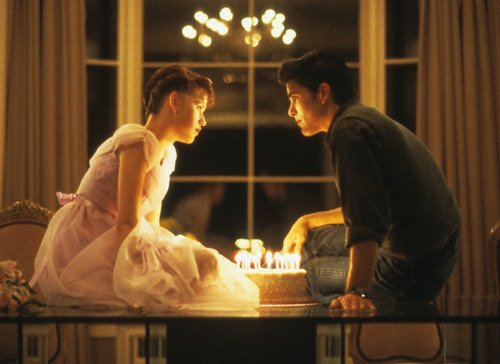
This John Hughes classic is beloved by many, but looking back, it’s full of cringeworthy moments that wouldn’t fly today. From the way it handles consent (or rather, doesn’t) to the stereotypical portrayal of Long Duk Dong, it’s clear that parts of the movie have aged poorly. What once seemed like quirky humor now comes across as deeply problematic, especially when it comes to how it treats race and teen relationships.
Despite its flaws, the movie helped define an era of teen comedy and still gets quoted to this day. But watching it now makes you realize how much the cultural conversation has shifted. There’s a lot that people excused back then that we’re more critical of now, especially when it comes to how young women are portrayed. It’s a reminder that nostalgia and progress can be a tricky mix.
2. Revenge of the Nerds (1984)
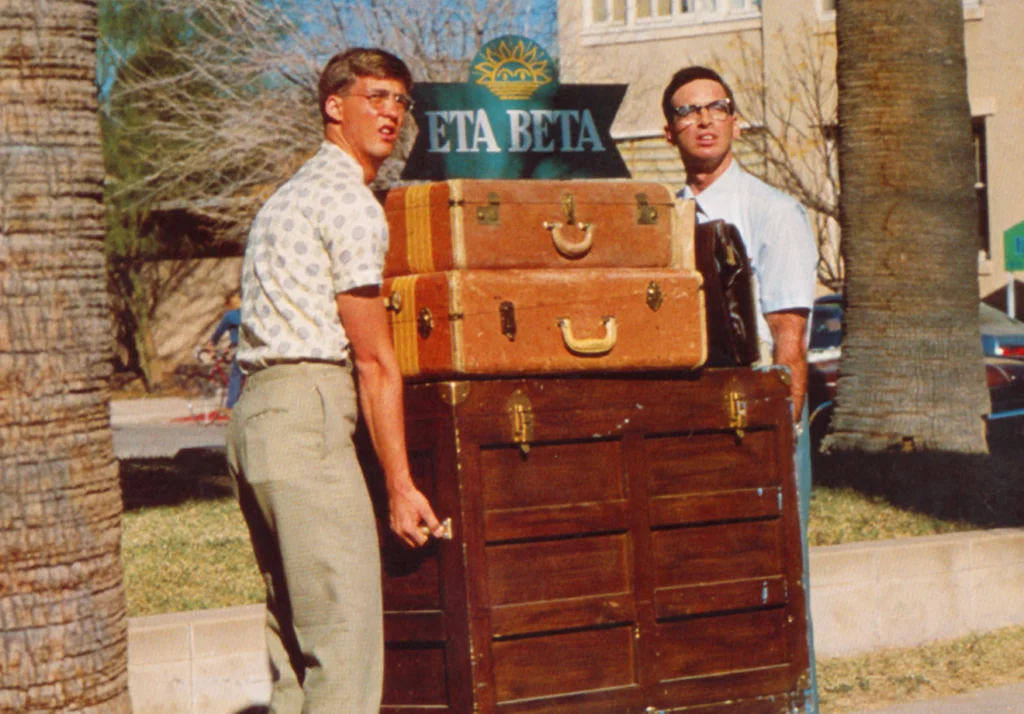
At first glance, this movie is about underdogs getting even, and that’s what made it a hit in the ’80s. But there’s one particular scene involving a deceptive sexual encounter that absolutely would not be considered acceptable now—and rightly so. What was framed as a comedic “victory” is now recognized as a serious violation of consent.
Even beyond that, the film leans into a lot of gender stereotypes and problematic behavior that’s played for laughs. It’s a strange blend of empowerment and exploitation that feels confusing in hindsight. Audiences at the time may not have thought twice, but rewatching it now is a jarring experience. There’s no doubt it would be rewritten entirely if it were ever attempted today.
3. Soul Man (1986)
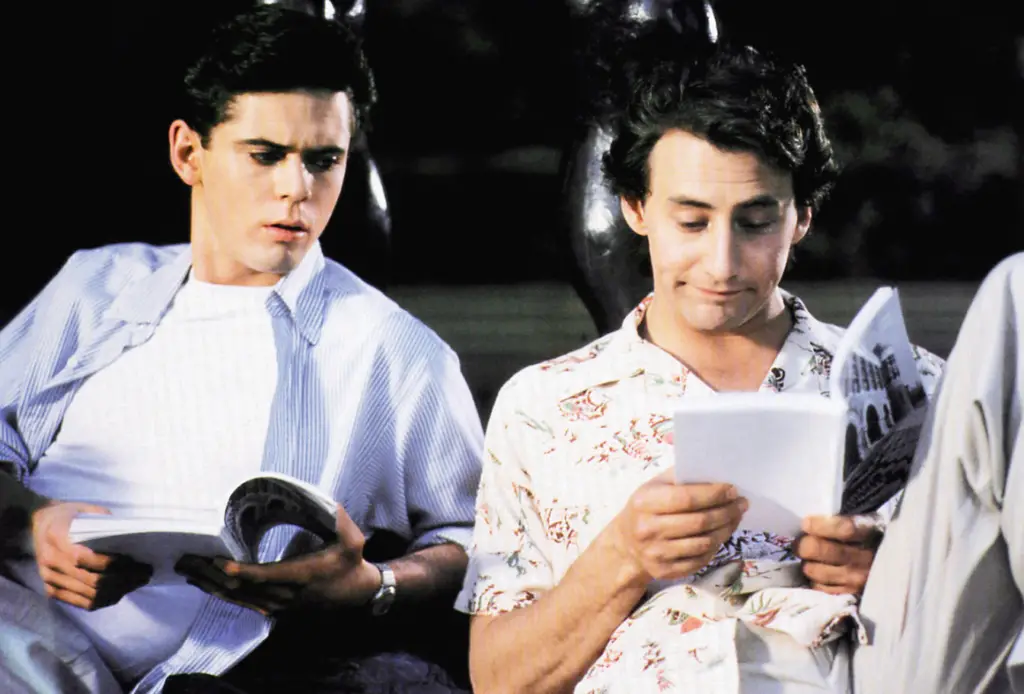
This movie’s entire premise—about a white student darkening his skin to pose as Black and get a scholarship—was controversial even in its time. Today, it’s practically unthinkable. The film tries to be a comedy with a social message, but it completely misses the mark and ends up being deeply offensive.
While the actor and creators claimed it was meant to challenge racism, most viewers saw it as a tone-deaf and harmful approach to a serious issue. It’s hard to imagine a studio even pitching something like this now, let alone greenlighting it. It stands as a prime example of how not to address race on screen. Watching it now feels like opening a time capsule of what used to pass as “edgy” humor.
4. Mannequin (1987)
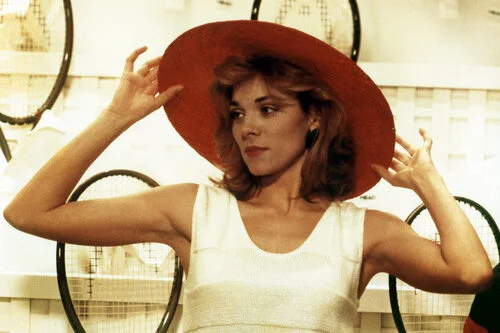
This romantic comedy centers around a man falling in love with a department store mannequin who comes to life—and that’s just the beginning. The film also features an over-the-top gay stereotype in Hollywood Montrose, who was meant to be funny but now feels cartoonish and reductive. What was once considered lighthearted camp now veers into the territory of caricature.
Despite the odd premise, the movie became a cult hit, thanks in part to its catchy soundtrack and goofy charm. But if it were made today, the portrayal of LGBTQ+ characters would absolutely need an update. It’s another example of a movie that meant well but didn’t quite get there. Watching it now is both nostalgic and uncomfortable at the same time.
5. Big Trouble in Little China (1986)
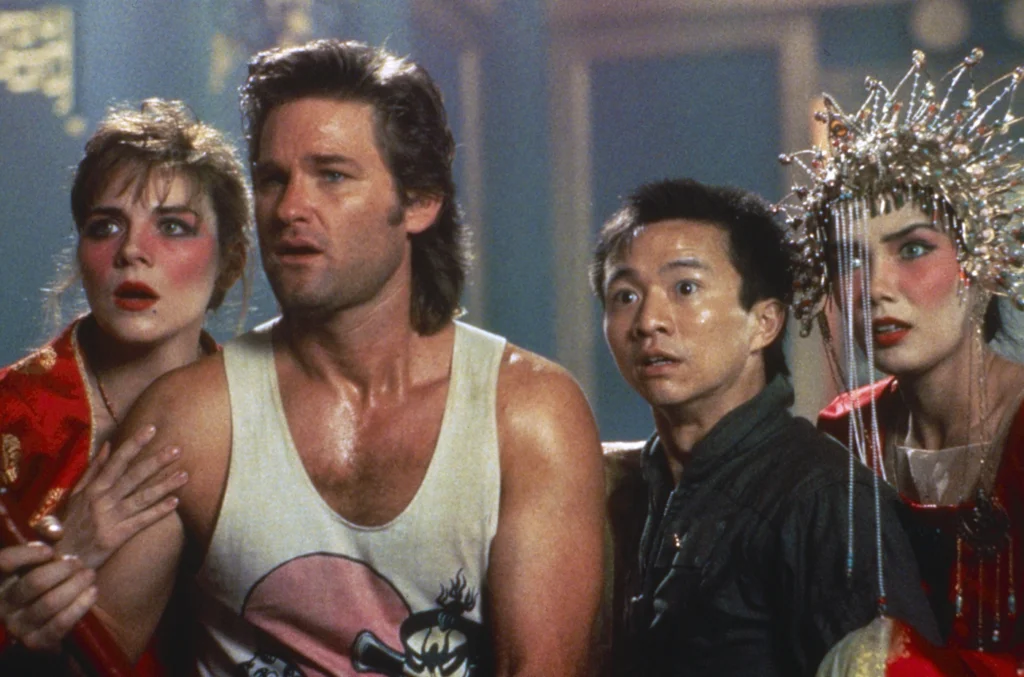
This action-comedy has its fans, and for good reason—it’s stylish, weird, and totally unique. But it’s also packed with cultural stereotypes and white savior tropes that would face a lot more scrutiny today. The film leans heavily on mysticism and exoticism when it comes to its portrayal of Chinese culture, and it does so without much nuance.
At the time, it was seen as just another offbeat genre mashup, but modern audiences are more aware of how damaging these portrayals can be. What’s more, the main hero, Jack Burton, bumbles through the story while his Asian sidekick actually does most of the work. Today, that dynamic would likely be flipped—or at least more balanced. It’s a film that’s both a cult classic and a cautionary tale.
6. Bachelor Party (1984)
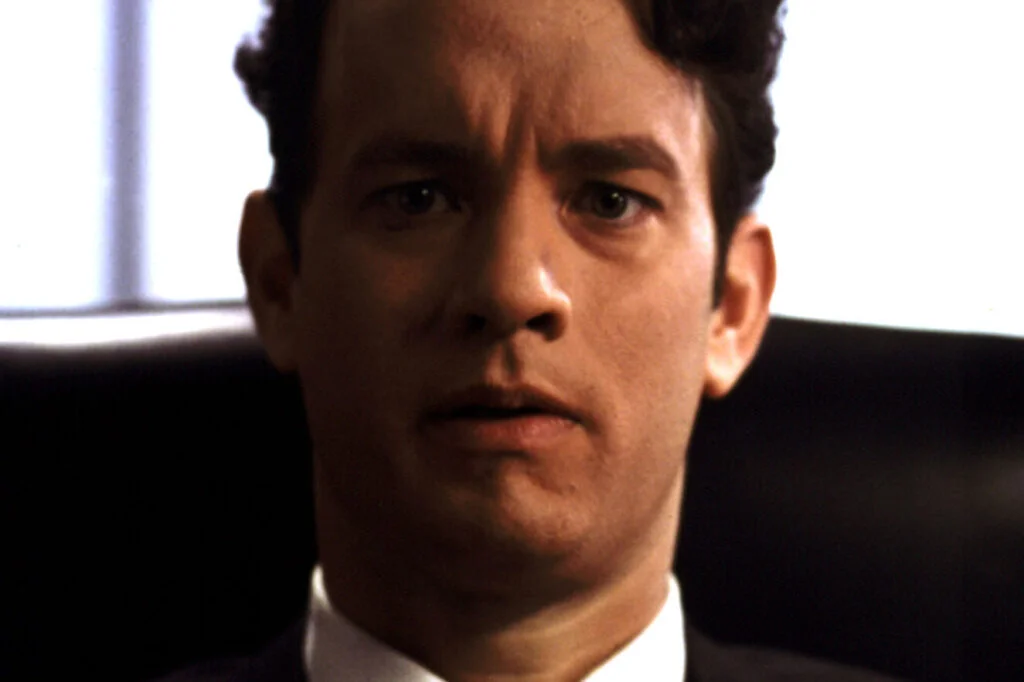
Tom Hanks may be the king of wholesome roles now, but Bachelor Party shows a much wilder side of his early career. The movie is basically an excuse for nonstop raunchy humor, objectification, and a parade of every ’80s party cliché you can think of. It’s loud, lewd, and leaves very little to the imagination.
Back then, it was part of a wave of “anything goes” comedies, but today it would likely be labeled as sexist and tone-deaf. A lot of the jokes come at the expense of women, and the plot is barely more than a framework for the chaos. There’s no way a film like this would get made today without a major rewrite. It’s the kind of movie people remember more for the decade it came from than for any lasting message.


